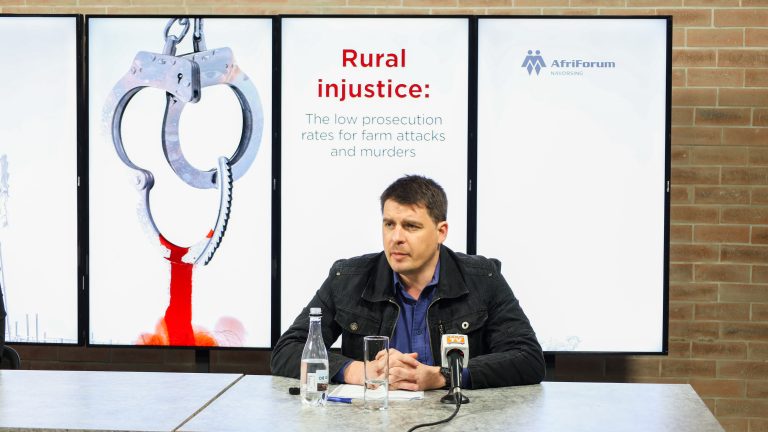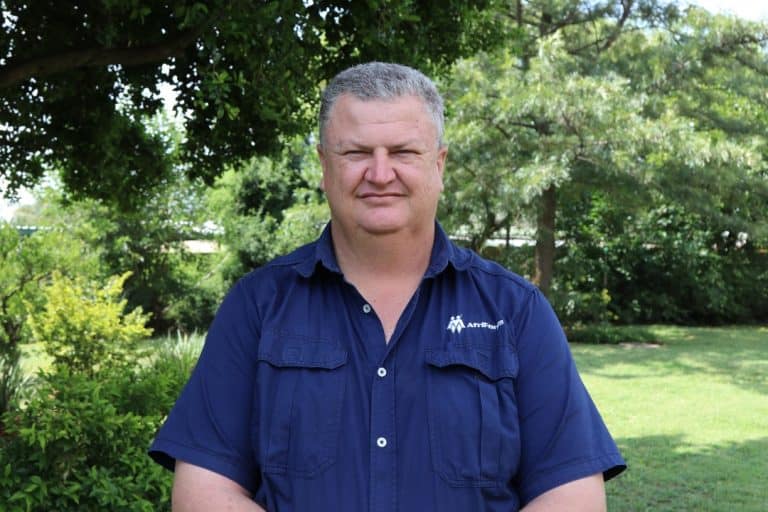ANC demonstrates that it is still determined to continue meddling in matters of private property
In 2021 the ANC failed to achieve in parliament the constitutional amendment that would have enabled the expropriation of private property without compensation, but as AfriForum predicted, the ANC is still determined to water down property rights and increase government meddling and regulation in matters regarding private property.
A recent ANC economic policy document contains new proposals on land reform, which include the creation of an Agricultural Development Agency tasked with creating policy and processes to facilitate land donations to black farmers, and the creation of incentive mechanisms – such as enabling BEE recognition – for farmers who donate land or provide support to black farmers. Furthermore, the agency will manage a Land Reform Fund (which the Land Bank will house), record and monitor progress on land transactions and advise on partners for black farmers.
What we have here is another veiled attempt by the ANC government to increase government interference and influence in matters concerning private property. The chances that this agency will act in a neutral and fair manner are highly doubtful. What the country needs is less government interference, not more, and it absolutely does not need another government agency. Furthermore, it is yet another fund being created by the government that presents a new fat gravy train opportunity for cadres to loot with impunity.
The ANC continues to falsely claim that the willing buyer, willing seller model has failed in regard to land distribution. This is a desperate scapegoat, seeing as the ANC government spent more than R60 billion on land reform but only about 6,3% of the land purchased has since been transferred to private owners. Thus the problem is not a lack of willing sellers, but rather the ANC being unwilling distributors of the land that they have hoarded. To add insult to injury, the land that is distributed usually ends up in the hands of the politically connected. The ANC lacks the track record to be able to guarantee that the donated land will not end up in the hands of the government or the politically connected.
The state, by way of various government organs, owns at least 17 million hectares of land – roughly the surface area of KwaZulu-Natal and Mpumalanga combined. Why does it need further donations of land to distribute when it is holding on to such a large amount already?
The proposed involvement of the Land Bank is also concerning, seeing as this bank has incurred losses worth billions of rands. In 2021 a report by the auditor-general found that the Land Bank’s financial losses grew by 211% to R2,8 billion for the year to 31 March 2020, compared with a loss of R902 million in the previous year. The limping Land Bank is therefore in no positon to be granted any further responsibilities or influence.
The fact that the ANC’s plan includes the allocation of BEE points to land owners who participate, again shows how the ANC is determined to insert its race agenda into every policy and plan. Even though the ANC tried to create the illusion that the funds for this project will be collected via donations from the private sector, the policy clearly states that fiscal grants will also be used to fund this project. So, once again, the taxpayer will likely be footing a large chunk of another bill.
The ANC is undoubtedly on the back foot since their parliamentary failure to legalise government theft of private property, and the party is growing increasingly desperate. The fight to protect private property rights and to stop even more land ending up in the hands of politicians and the politically connected continues, and AfriForum has no qualms about staying in the arena and keeping a watchful eye.











